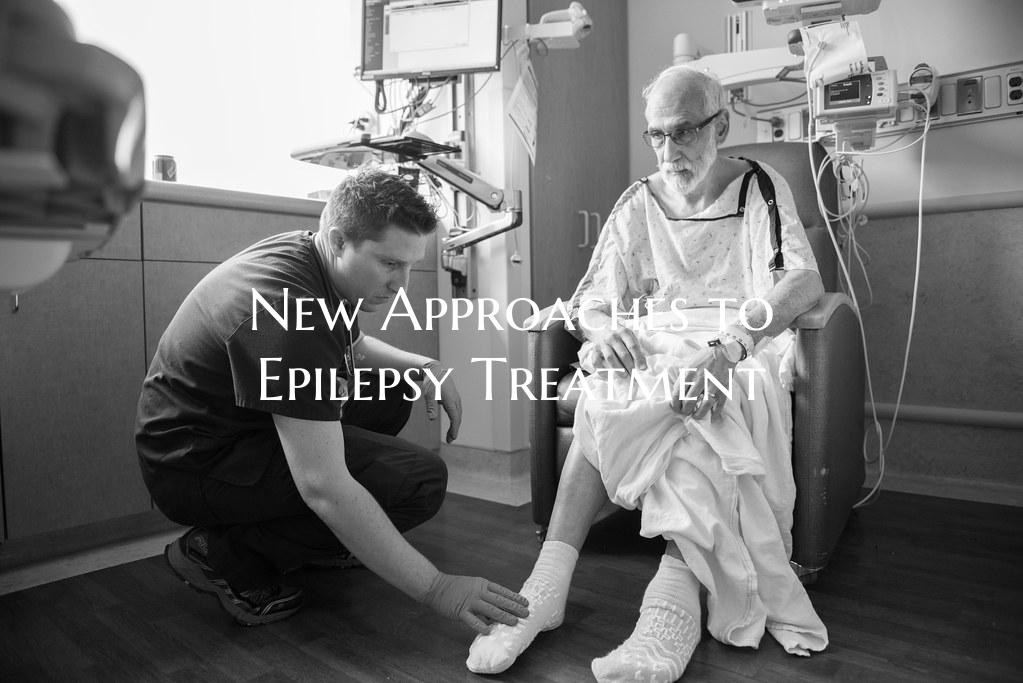
New Approaches to Epilepsy Treatment
Epilepsy is a neurological disorder characterized by recurrent seizures, affecting approximately 50 million people worldwide. While traditional treatments such as antiepileptic drugs (AEDs) have been effective for many patients, there is a growing need for new approaches to epilepsy treatment, particularly for those who do not respond well to existing therapies. Researchers and healthcare professionals are exploring innovative strategies to better manage epilepsy and improve the quality of life for individuals living with this condition.
One promising new approach to epilepsy treatment is the use of medical cannabis. Cannabidiol (CBD), a non-intoxicating compound derived from the cannabis plant, has shown potential in reducing seizure frequency and severity in certain types of epilepsy, such as Dravet syndrome and Lennox-Gastaut syndrome. Research is ongoing to further understand the mechanisms of action and optimal dosing of CBD for epilepsy treatment.
Another novel treatment approach is the use of responsive neurostimulation devices. These devices are surgically implanted in the brain and detect abnormal electrical activity associated with seizures, delivering targeted stimulation to prevent seizure onset. Responsive neurostimulation has shown promise in reducing seizure frequency and improving seizure control in patients with drug-resistant epilepsy.
Furthermore, advances in genetics and personalized medicine are shaping new approaches to epilepsy treatment. Genetic testing can help identify specific genetic mutations that may contribute to epilepsy, allowing for targeted therapies tailored to individual patients' genetic profiles. Precision medicine holds the potential to optimize treatment outcomes and minimize adverse effects in epilepsy management.
In addition, non-pharmacological interventions such as ketogenic diet therapy and mindfulness-based practices are gaining recognition as complementary approaches to epilepsy treatment. The ketogenic diet, which is high in fat and low in carbohydrates, has been shown to reduce seizure frequency in some patients, particularly children with refractory epilepsy. Mindfulness techniques, including meditation and stress-reduction strategies, can help manage seizure triggers and improve overall well-being in individuals with epilepsy.
Overall, the landscape of epilepsy treatment is evolving with new approaches that offer hope for improved seizure control and quality of life for patients. By harnessing the power of innovative therapies, personalized medicine, and holistic strategies, healthcare providers are at the forefront of transforming epilepsy care and empowering individuals to better manage their condition.